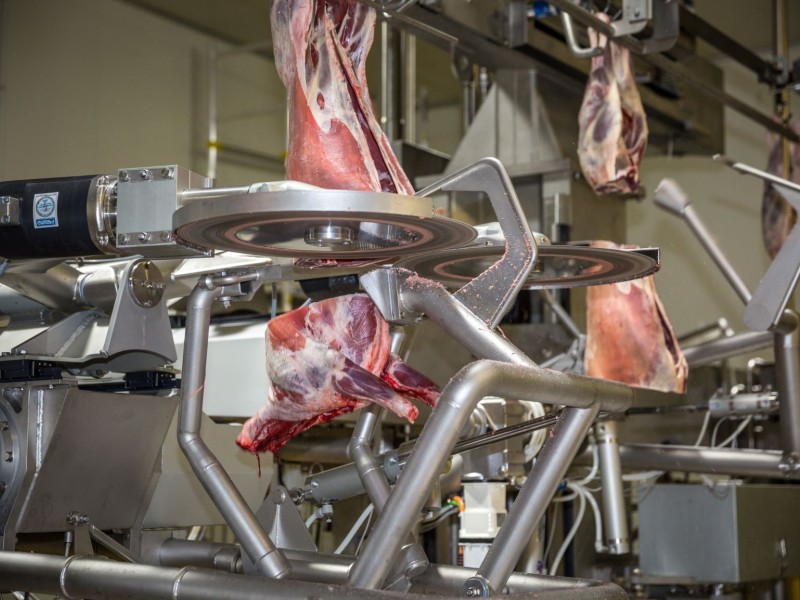The New Zealand Meat Industry Association says it is disappointed by the USA decision to impose tariffs.
The USA is our largest importer of meat. Last year alone Americans consumed more than 217,000 tonnes, putting over 2.7 billion dollars (NZD) into the pockets of Kiwis. The meat is used in restaurants, fast food chains like McDonalds, and sold in their supermarkets.
CEO of the NZ Meat Industry Sirma Karapeeva says the announcement is likely to impact the global beef market as tariffs distort trade and reduce market efficiency leaving consumers with fewer choices and higher costs.
Despite the measures, Karapeeva still expects high demand out of the U.S. and says it's likely to push exporting countries to redirect their products to markets where New Zealand also operates.
More than 130 countries and territories were given a base tariff of 10% by the Republicans, however the rest weren’t so lucky. Cambodia topped the listed getting slapped with a whopping 49% tariff.
The aim of the tariffs is to shift interest away from imported produce by making it more expensive, which in turn will create more demand for domestic goods. However as of January 1, 2025, the U.S. beef inventory fell to 86.7 million head of cattle and calves, which is the lowest rate in 64 years.


